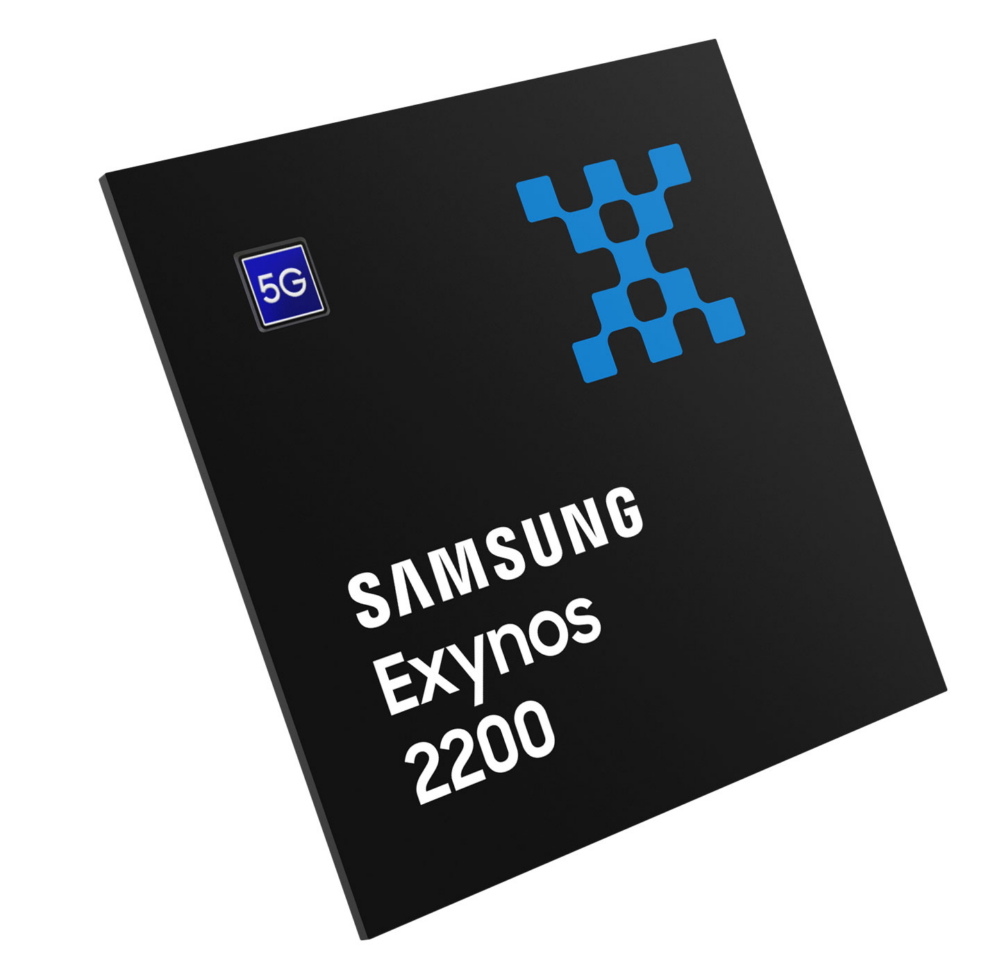Samsung’s Exynos 2200 flagship processor has been the subject of much discussion lately, mostly due to its GPU that has been developed jointly with AMD. With raytracing promos making rounds, significant performance boosts were expected at least in the GPU department. However, new numbers from analyst TechAltar will push Exynos fans into a world of disappointment. They reveal not only that the Exynos 2200 GPU is only marginally better than its predecessor, but the CPU is barely any faster either.
According to TechAltar (via Wccftech), the octa-core CPU belonging to the latest SoC from Samsung is only 5% faster compared to the cores in the Exynos 2100. This is obviously way below expectations — new-gen flagship SoCs typically bring about at least 15-20% improved performance and the Exynos 2200 is not even close to such figures.
The Exynos 2200 numbers we got yesterday (vs. 2100) :
🔼 5% for CPU
🔼 17% for GPU
🔼 115% for NPUNo wonder they tried to cancel the dedicated Exynos launch event
— TechAltar (@TechAltar) February 9, 2022
Still, the blunder could have been forgivable had the chip made up for the shortcoming in its CPU through the AMD RDNA2-based Xclipse 920 GPU. When one mentions AMD, the company’s extensive and powerful desktop GPU lineup comes to mind. Surely, the Samsung-AMD partnership must’ve reaped great benefits?
Nope, because the same numbers claim that the GPU on the Exynos 2200 is only 17% faster compared to the one on the Exynos 2100.
This leaves nothing but the NPU, and thankfully, this unit has proven to be a true upgrade unlike the other two. A boost of 115% over the previous generation means that the NPU should result in faster processing times when it comes to operations like image processing.

But the question remains if this will translate to real-world performance improvements. TechAltar has pointed out that Samsung has kept performance metrics in the dark and even tried to cancel the dedicated Exynos launch event. This obviously means nothing good and Samsung could just be trying to hide its latest chip’s shortcomings.
All in all, Exynos looks to have been beaten by Snapdragon once again. “Qualcomm already had a better GPU and they made 50% improvements vs last gen, so they actually widened their lead, it seems,” says TechAltar.
RELATED:
- Samsung promises to offer four generations of Android OS updates for its devices
- Samsung Galaxy S22, Galaxy S22+ unveiled with 120Hz display, 30X Space Zoom, and SD 8 Gen 1
- Samsung Galaxy S22 Ultra with S Pen deals a death blow to the Note series
- Samsung Galaxy S22, S22+, S22 Ultra: India variants, color options, availability leaked before launch
- Samsung Galaxy A51 demoted to biannual updates before Android 12 rollout







